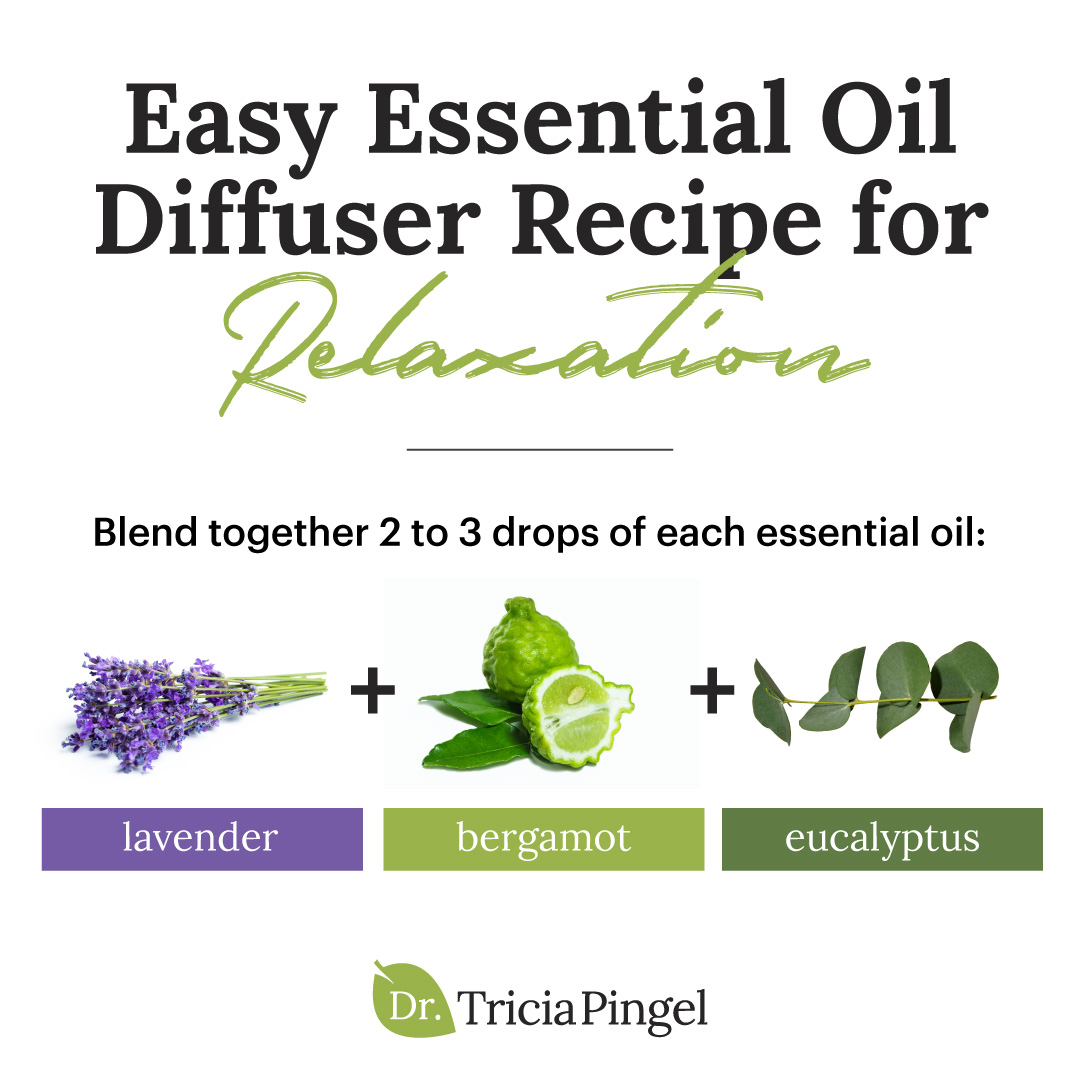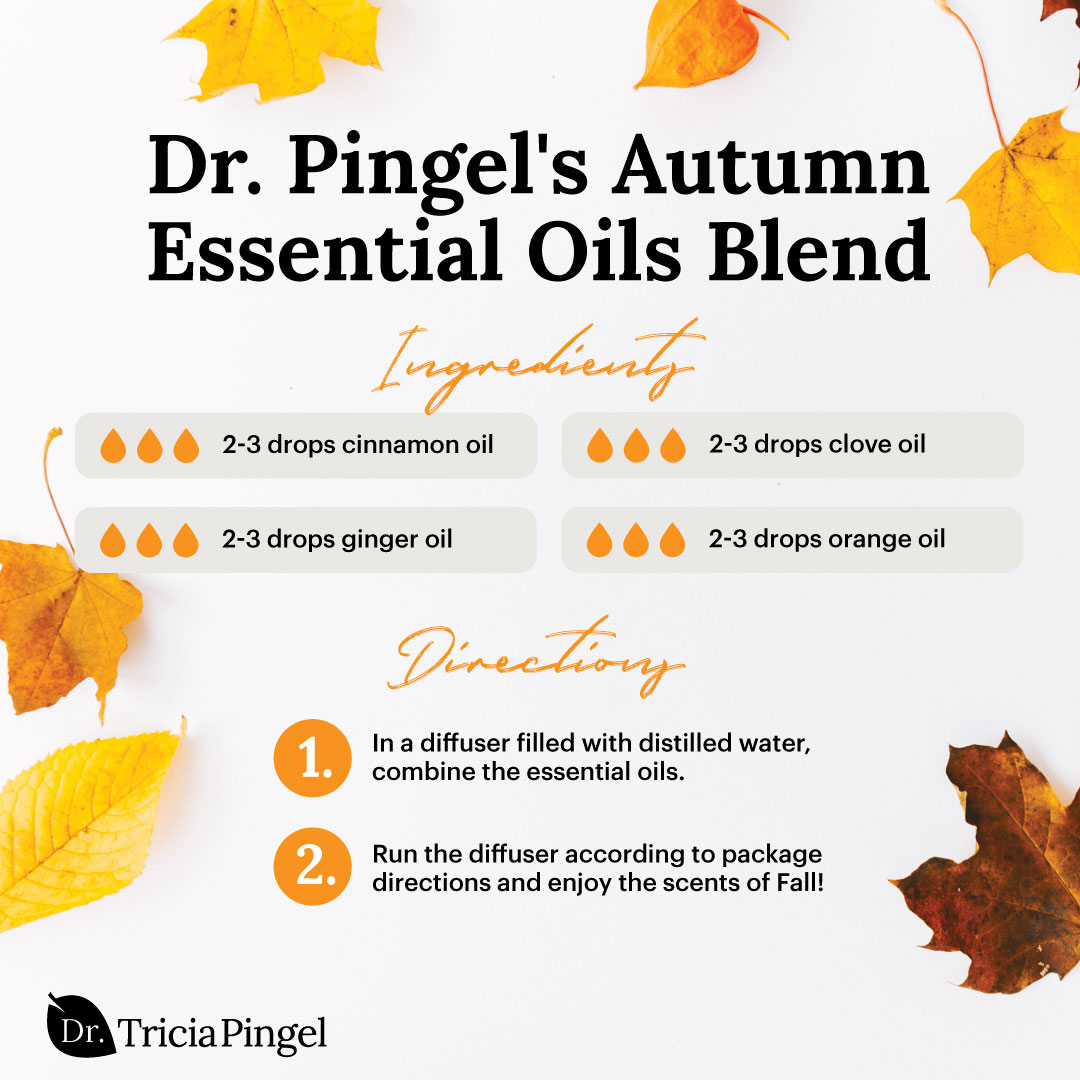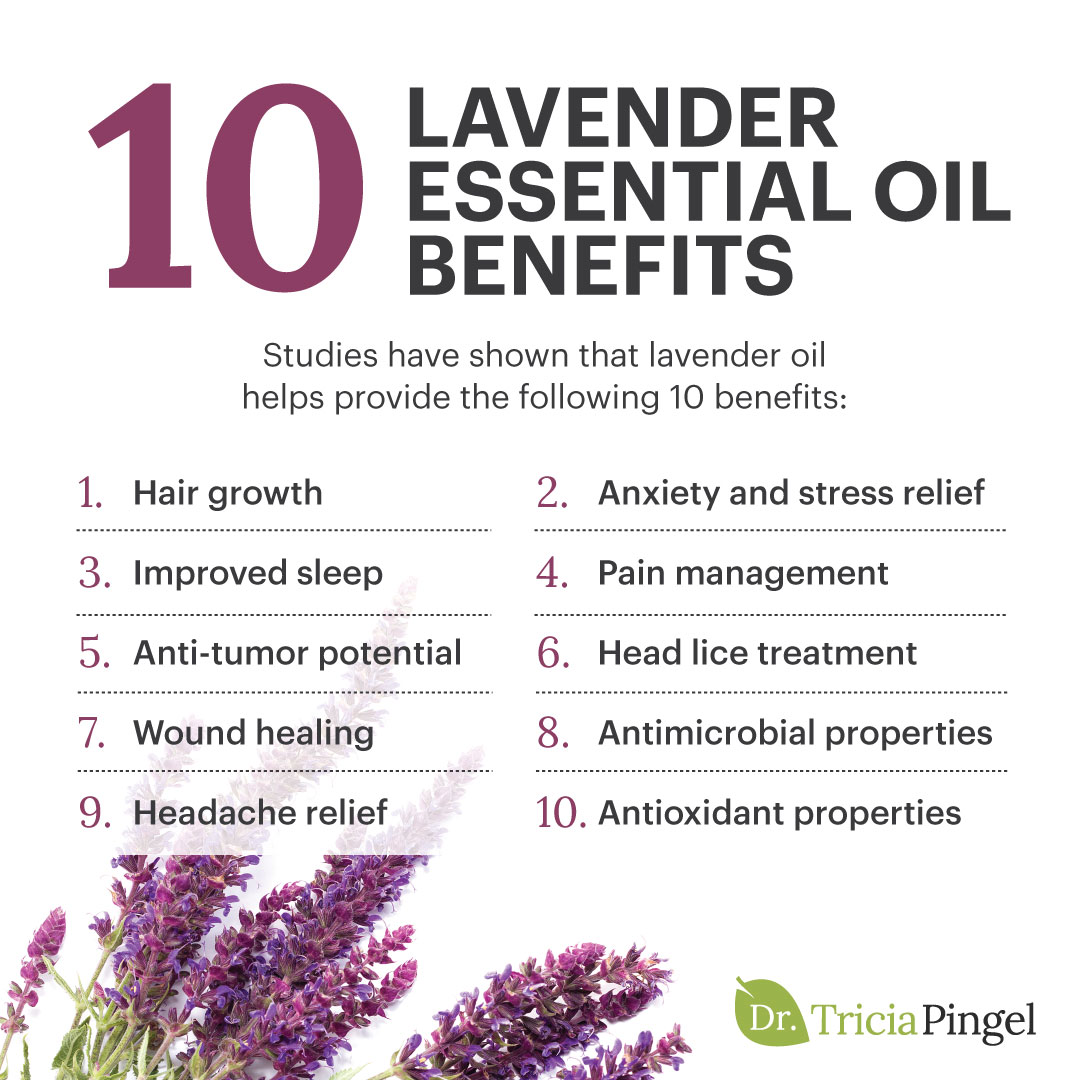The 3 Best Essential Oils for Relaxation and Sleep (Plus 3 Herbal Remedies)
Most of us deal with stress on a daily basis, and finding a way to disconnect from the madness can be incredibly challenging. There never seems to be enough time to take a moment to yourself! Luckily, essential oils can be a gentle way to help you unwind. It only takes a moment to dab a drop or two of essential oils onto your wrists or under your ears and nose. And you can easily reapply them throughout the day so you get a nice ongoing relaxing effect as you breathe.
Another one of my favorite ways to relax after a long, stressful day is to put a few drops of essential oils in my diffuser and curl up with a warm cup of herbal tea and my dogs. So, in an effort to help you unwind, I’m sharing three of the best essential oils for relaxation as well as three herbal remedies for sleep and relaxation. I hope you find them as helpful as I do and that you’re able to take some much-needed time to relax and unwind. You deserve it!
3 Best Essential Oils for Relaxation
I love using essential oils for relaxation and sleep because they are so easy to incorporate into my routine. There is a ton of flexibility when it comes to blending oils, so just play with the scents to discover which ones make you feel relaxed and able to rest.
So, let’s dive in and discuss some of the best essential oils for relaxation. Note that while some of these oils are better used for aromatherapy, others can be applied topically with a carrier oil. Feel free to use them individually or in various combinations to find your favorite blend! As a bonus, many of these can also be used as an herbal supplement or tea as well. Just remember to check with your doctor before starting any new supplements or ingesting any essential oils.
1. Bergamot
Bergamot is hands-down my favorite essential oil and easily one of the best essential oils for relaxation. I wear it on my wrists and add it to all of my home and office diffusers. It blends beautifully with other oils, making it a definite “go-to” for me. Plus, it is fantastic for relaxation.
Both animal and human studies have shown that using bergamot oil for aromatherapy causes relaxing effects within a short period of time. [1, 2] If you’re not familiar with what bergamot smells like, you may recognize it if you’re a tea drinker because bergamot is included in Earl Grey tea blends. It has a somewhat citrus-like scent, which makes it a great addition to essential oil diffuser recipes for relaxation.
2. Eucalyptus
Ah, the refreshing smell of eucalyptus. Many of us are very familiar with this scent, as it’s used as an ingredient in certain cold remedies to open stuffy nasal passages and even to promote relaxation in steam rooms.
Eucalyptus and eucalyptus oil have many benefits, including cough and cold relief, improving skin health, relieving pain, and aiding dental health. But did you know that it can really support stress relief when blended with other essential oils? Just adding a few drops to the diffuser along with other oils (such as lavender or bergamot), helps me to unwind after a busy day.
3. Lavender
Lavender is a scent that has always been in my arsenal—both as an essential oil and as a flower petal. I absolutely adore my lavender flower pillow; it helps me to ease into sleep!
If you’re having trouble relaxing and taking deep breaths, you may want to add a few drops of lavender oil to your diffuser or bath. The calming effects of lavender promote relaxation. In fact, this oil can be a great choice if you struggle with anxiety or chronic stress. You can even enjoy it as an herbal tea. But, I must admit, one of my favorite ways to enjoy lavender is in my latte! Adding a homemade lavender syrup or simply sprinkling some lavender flower petals on top provides a nice, calming feel to my morning coffee.
3 Top Herbal Remedies for Sleep and Relaxation
1. Passiflora
Do you often wake up in the middle of the night and find yourself worrying about little things instead of sleeping? I know how you feel, as I used to experience the same thing. Passiflora (also known as passionflower) is my remedy for this exact problem.
Passiflora has a long history of use in Europe as a traditional remedy for sleep and anxiety. [3] And both human and animal studies have demonstrated that passiflora extracts can help to induce sleep. [4, 5]
Passiflora extract or tincture can be taken internally. Due to the ability of passiflora to calm your body, caution must be taken if you use other sleep or calming medications. Please speak to your doctor before incorporating this herb into your routine.
2. Schisandra
Schisandra berry is one of my all-time favorite herbs. Not only is it a great anxiety-reducing herb, but it also has many other benefits, including helping to relieve adrenal fatigue, fighting brain fog, and protecting the liver from damage. Schisandra berry can be taken as a tea, supplement, or even made into an herbal syrup.
3. Valerian
Valerian is probably one of my favorite herbs when it comes to finding relief from insomnia. [6] I usually prefer to use valerian as an herbal tincture due to its impact on relaxation.
Key Takeaways
- Using essential oils for relaxation and sleep can be a gentle way to unwind after a stressful day.
- Bergamot, lavender, and eucalyptus are three of the best essential oils for relaxation. Passiflora, schisandra, and valerian are my top go-to herbal remedies for sleep and relaxation.
- Be sure to check with your healthcare provider before you use any new herbal supplements to promote sleep or relaxation.



